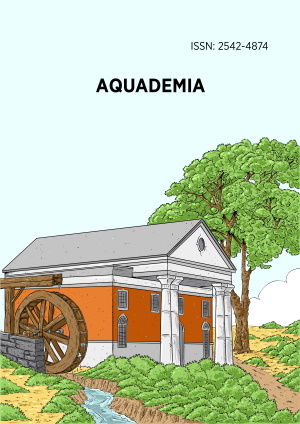Abstract
Although attitude is a key to achieve competency of contemporary science education overlooked in many Ethiopian schools and institutions. The purpose of current study was to investigate the effects of guided inquiry based instructional model on pre-service biology teachers’ attitude towards invertebrate zoology learning. The research used quantitative research method and non-equivalent quasi-experimental pretest-treatment-posttest design. 128 pre-service biology teachers registered on invertebrate zoology course was selected using convenient sampling method. Three intact groups were assigned into two treatment groups (TG1&TG2) and a comparison group (CG). The treatment and comparison groups were instructed for eight consecutive weeks with guided inquiry based instructional model and conventional method of teaching respectively. Likert scale questionnaire was administered to collect pretest and posttest data from participants. The data were analyzed using one-way ANOVA and factorial ANOVA. The results of the study revealed that there were significant differences between groups in overall, dimension-1 and dimension-2 of attitude. In relation to gender guided inquiry based instructional model had no significant effect on attitude of pre-service biology teachers in invertebrate zoology learning. In conclusion guided inquiry based instructional model on pre-service biology teacher’s overall attitude have sound effects towards invertebrate zoology learning.
License
This is an open access article distributed under the Creative Commons Attribution License which permits unrestricted use, distribution, and reproduction in any medium, provided the original work is properly cited.
Article Type: Research Article
AQUADEMIA, Volume 6, Issue 2, 2022, Article No: ep22007
https://doi.org/10.30935/aquademia/12360
Publication date: 15 Aug 2022
Article Views: 2602
Article Downloads: 1685
Open Access References How to cite this article
 Full Text (PDF)
Full Text (PDF)